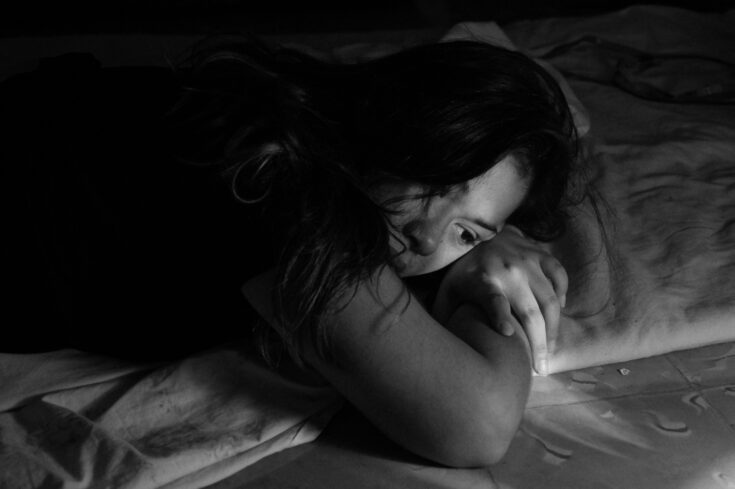
A new research released on 10 October 2023 by World Health Organization (WHO) Regional Office for Europe reported about mental health of girls and women in Europe and Central Asia, showing that adolescent girls, especially the age of 15 year-old-girls, have worse mental health and well-being across the board compared to boys.
The results showed that they had lower scores than boys on life satisfaction, mental well-being and self-rated health, and higher on loneliness. Moreover, about a quarter of 15-year-old girls reported feeling lonely most of the time or always in the past year, compared with about one in seven boys.
The survey also found that one-third of adolescents experienced feeling nervous or irritable more than once a week in the last six months. One in four reported sleep difficulties (29%) and/or feeling low (25%). One in five (20%) reported frequent headaches more than once a week.
The research is based on data from the Health Behavior in School-aged Children (HBSC) survey 2021/2022, which monitors the health behaviors and social environments of nearly 280,000 boys and girls aged 11, 13 and 15 years from 44 countries in Europe and central Asia.
The participating countries were the five Nordic countries like Denmark (including Greenland), Finland, Iceland, Norway, and Sweden along with Albania, Armenia, Austria, Belgium, Cyprus, Czechia, Estonia, France, Germany, Greece, Hungary, Ireland, Italy, Kazakhstan, Kyrgyzstan, Latvia, Lithuania, Luxembourg, Malta, Netherlands (Kingdom of the), North Macedonia, Poland, Portugal, Republic of Moldova, Romania, Serbia, Slovakia, Slovenia, Spain, Switzerland, Tajikistan, and United Kingdom (England, Scotland and Wales).
Dr. Hans Henri P. Kluge, WHO Regional Director for Europe said that the survey highlighted the importance of more attention from families and schools must be given to the issues and said that “tailored mental health interventions for girls and women” are urgently needed.
“The challenges faced by young people today are diverse and demanding, ranging from the climate crisis to academic pressures and social expectations to the pervasive influence of social media,” he said.
“It is our collective responsibility to ensure they have the support and resources they need to navigate these challenges successfully.”
Dr. Kluge added that on this occasion, the 10th of October—the World Mental Health Day—“…we stand together to emphasize the crucial importance of youth mental health.”
“Young people (girls and boys) are telling us they don’t feel alright, and it is up to us, as adults, decision-makers, to listen to them, and act,” he said.
Source: World Health Organization Regional Office for Europe




